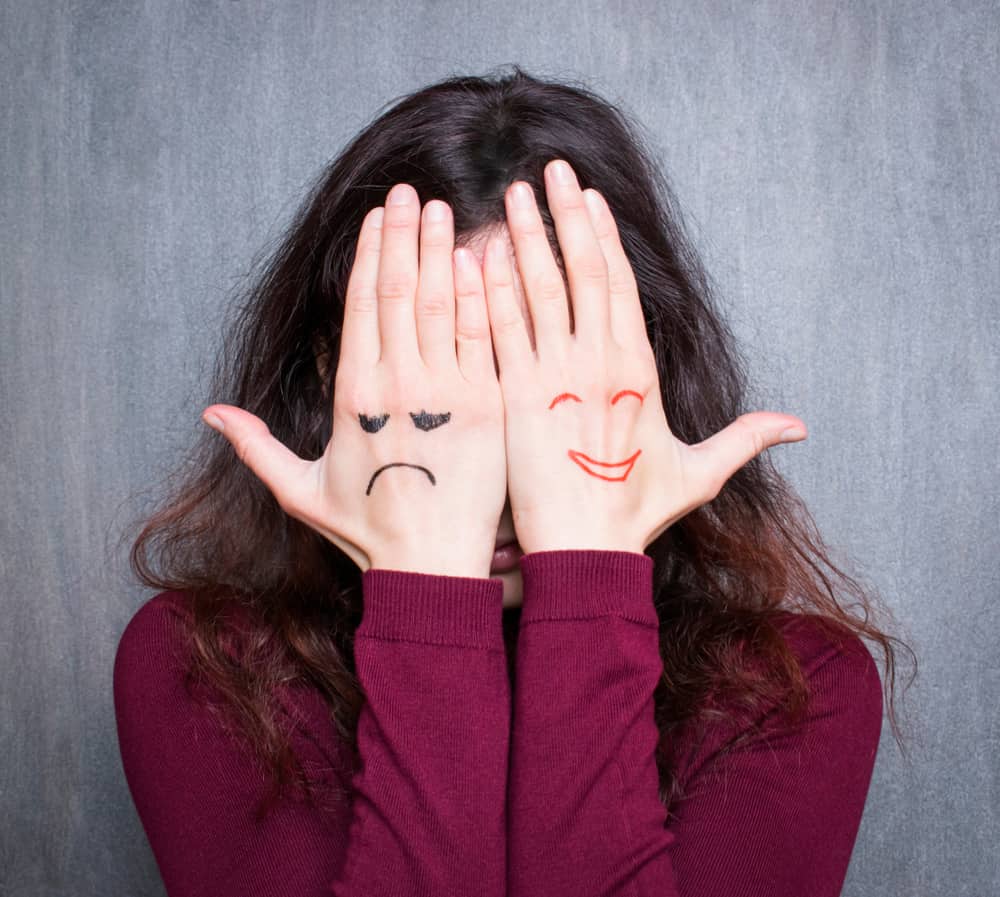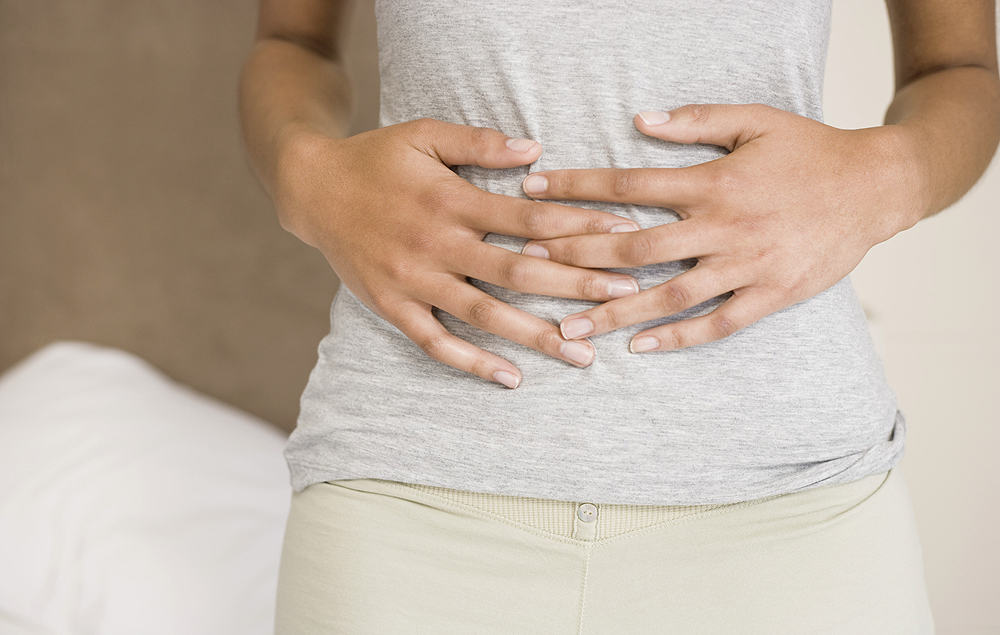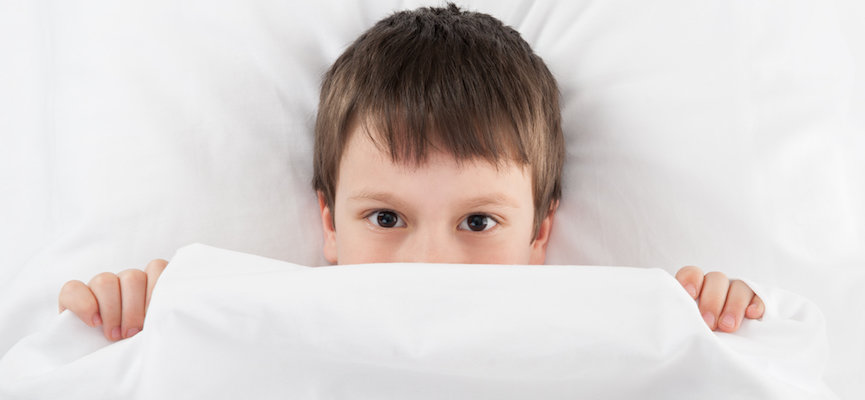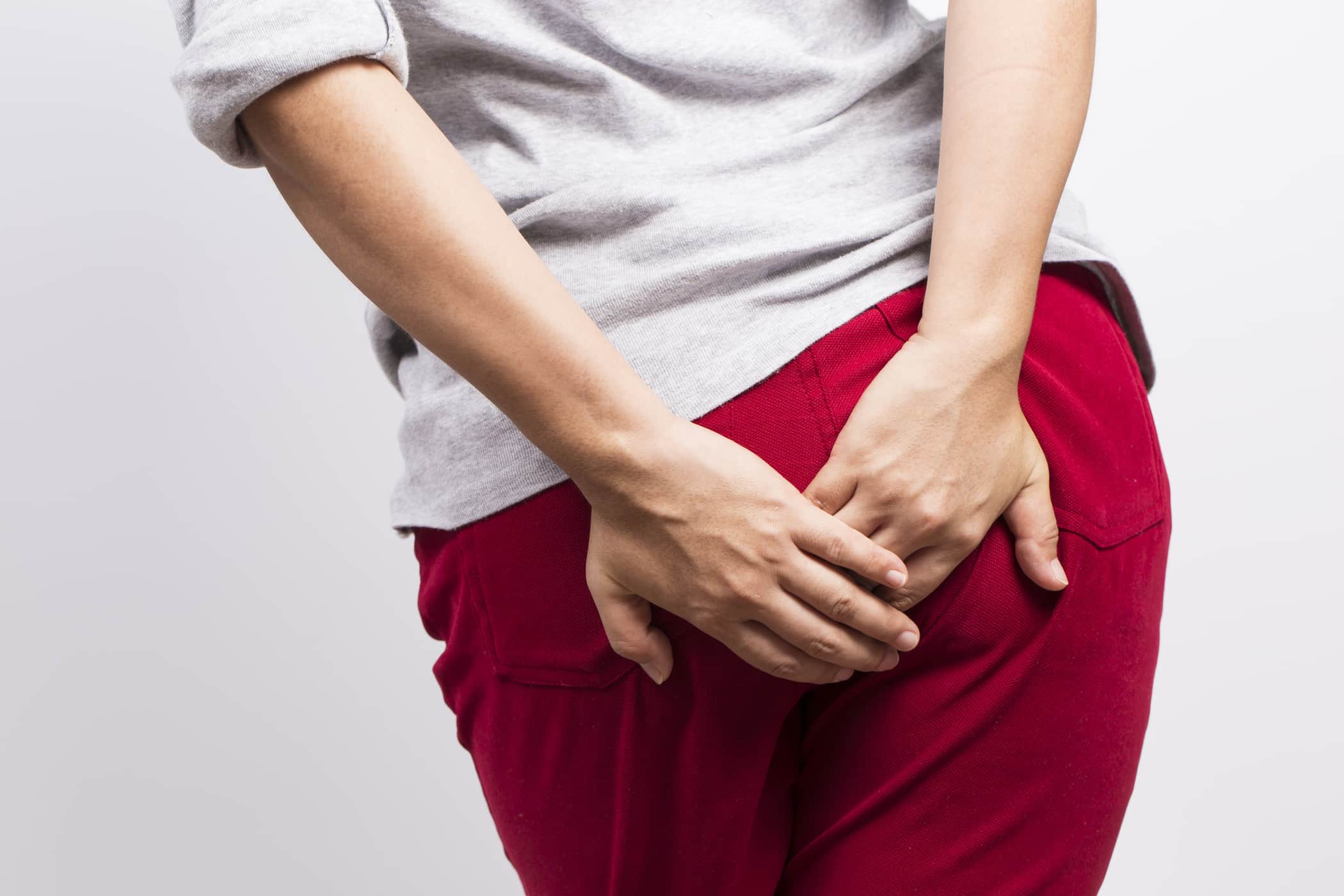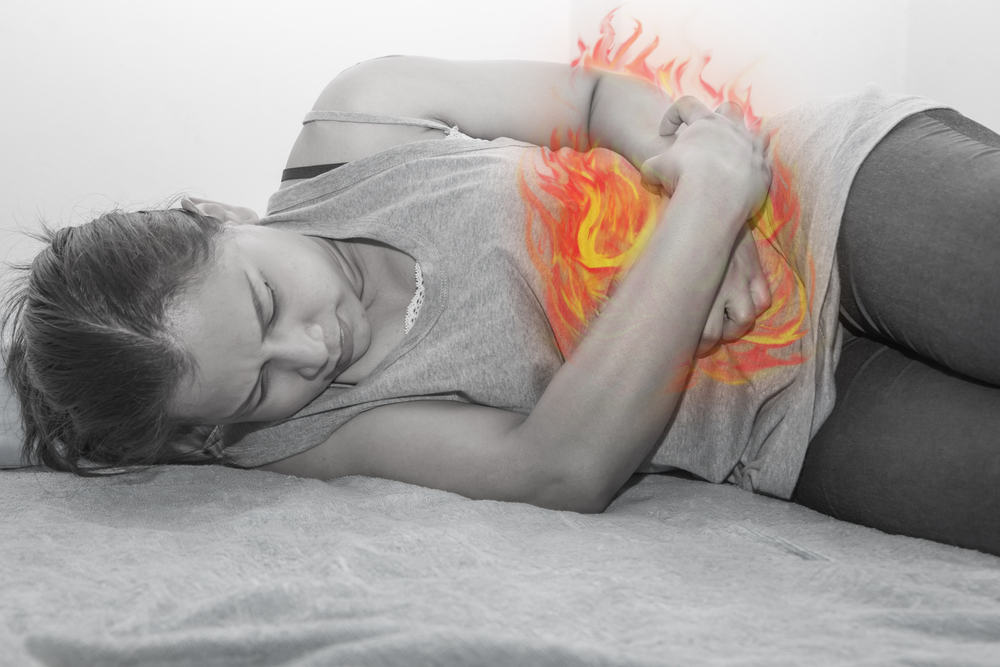Contents:
- Medical Video: Hormonal Imbalances That Cause Depression, Anxiety and Mood Swings.
- Signs you experiencemood swing
- What causesmood swing?
- When do you need to see a doctor about this?
- How to handle mood swings?
Medical Video: Hormonal Imbalances That Cause Depression, Anxiety and Mood Swings.
The name is alias mood mood, it will definitely change depending on the situation and conditions you experienced at that time. Maybe this morning you feel like you're half dead from being stuck in traffic, but late in the afternoon mood You improved because you were treated to lunch by the idol of the heart. Mood changes like this are normal and naturally happen to everyone. But when the mood changes occur suddenly, it changes very quickly, and is very opposite 180 degrees, this might indicate mood swing.
Signs you experiencemood swing
Changing moods are actually reasonable to some extent. Even so, it is not always the case with the mood swing. In certain cases, mood swings can be very extreme, serious, and without reason or clear stimuli that interfere with their daily lives.
Extreme mood swings occur suddenly and involve emotional ups and downs, alternating between feeling happy and prosperous, then being overcome by feelings of anger, offense, or depression, in a relatively short time.
In addition to sudden mood swings, mood swings also marked with:
- Anxiety and irritability.
- Confusion and forgetfulness.
- Difficulty focusing and concentration.
- Tendency to drink alcohol; drinking alcohol.
- Hallucinations.
- Depression.
- Easily prejudiced.
- Quitter.
- Reckless.
- Behave inappropriately.
- Talk quickly.
- Difficult to understand and convey information.
- Changes in appetite and weight; can go down or up.
- Fatigue.
- Irregular menstruation.
- Nausea.
- Sleep disturbance.
What causesmood swing?
One of the possible causes of mood swing is an imbalance of brain chemistry associated with mood regulation and hormonal changes produced by the body. This imbalance can also occur depending on many different factors. Generally it is:
- Weather: Sunlight can trigger the brain to produce endorphins which make us feel happy and happy. Lack of exposure to sunlight for a long time makes the body lack a lot of endorphins, causing many people to experience seasonal depression aka SAD (Seasonal Affective Disorder).
- Food: In addition to providing energy for our activities, food can affect the mood by stimulating dopamine production. Dopamine is a chemical compound in the brain that makes us feel happy, happy, and satisfied, to encourage us to repeat this pleasant behavior.
- Immune system: The immune system can also play a role in the ups and downs of our mood. When we are sick, this can make our body feel depressed and ultimately also affect our mood.
- Puberty, Pre Menstrual Syndrome (PMS), menopause, and pregnancy: Mood changes can be related to ups and downs of estrogen levels throughout the menstrual cycle. Estrogen begins to rise slowly after the menstrual cycle ends, then reaches its peak two weeks later. After that, estrogen levels in the body begin to decline sharply before starting to rise slowly and fall again before the new cycle begins.
- Stressful. Severe stress can affect the structure of the brain which has the potential to trigger imbalances in brain material. This then affects how a person thinks and behaves - even triggering mental disorders.
- Other health conditions such as lung problems, cardiovascular system, thyroid disease, and the nervous system can cause mood swings.
- Addiction or addiction drugs and alcohol can also trigger extreme mood changes.
When do you need to see a doctor about this?
Mood swings can be a health problem, if mood swings often occur and interfere with your function and performance. For example, if your mood is destructive and can trigger you to hurt yourself or to show suicidal tendencies, consult a doctor immediately.
The reason is, mood swings can be a sign of many mental disorders such as bipolar disorder, major depression (major depression), schizophrenia, Borderline Personality Syndrome (BPS), and Attention Deficit Hyperactivity Disorder (ADHD).
So, it is very important for you to pay attention to what happens when you experience mood swings to make it easier for doctors to find the trigger.
How to handle mood swings?
Mood changes caused by medical conditions can be prevented by treating the medical condition. Medication, therapy, and a positive lifestyle are one way to deal with it mood swings. Some things that can be done to overcome mood swings that is:
- Follow the schedule regularly.
- Diligently doing sports.
- Enough sleep.
- Eat healthy food.
- Do yoga or meditation.
- Avoid stress.
- Find solutions to your emotions.
- Chat with trusted people.
Hello Health Group does not provide advice, diagnosis or medical treatment.

